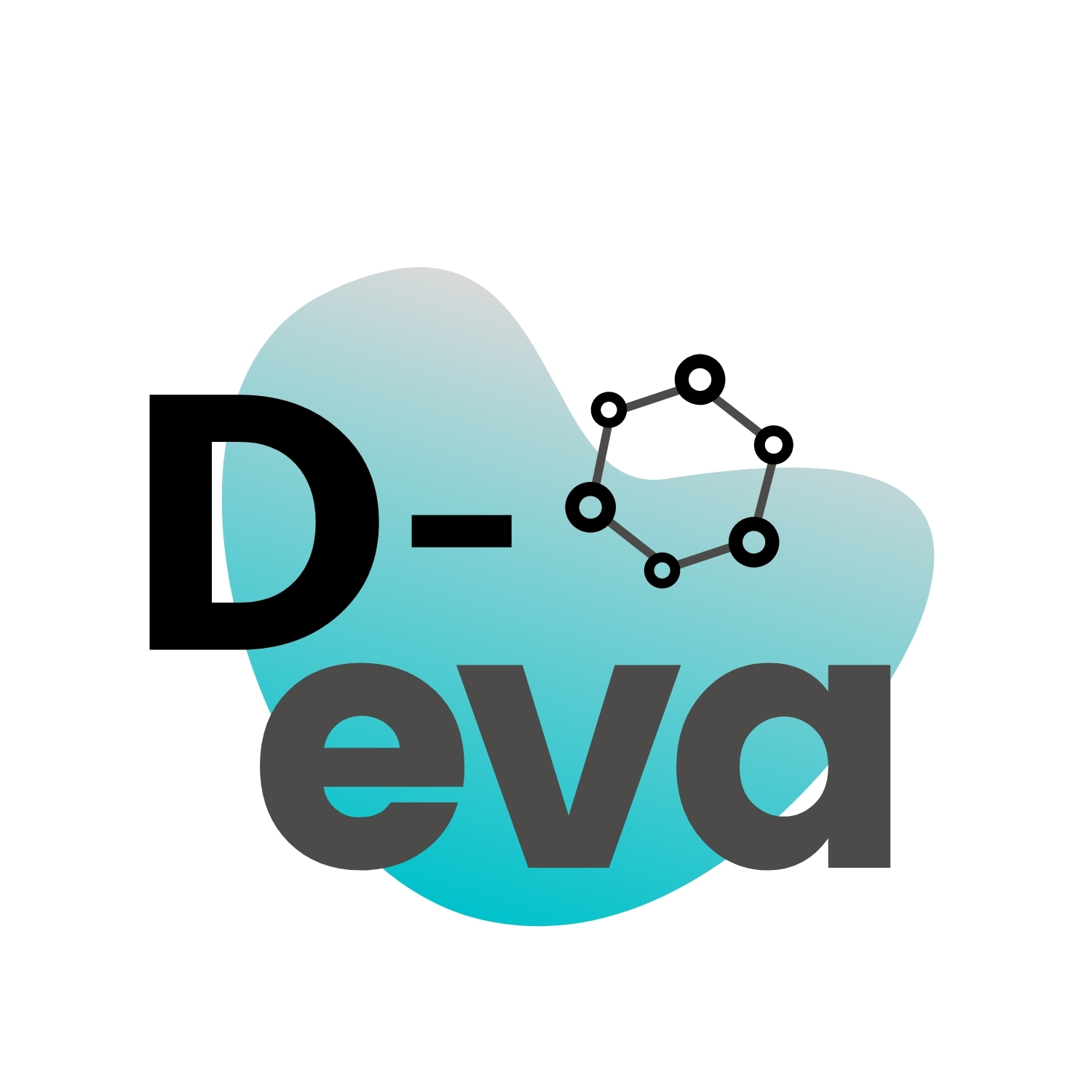
Critical incidents in the school
by: D-Eva ProjectDigital solution developed by D-Eva project: https://edu.cospaces.io/SFT-VKX
Keywords
communication, management, conflicts, teacher performance, internships, critical incidents
Problem justification
Students that will become teachers must experience different situations that they will face once they are in service teachers. During practicums these situations sometimes do not occur because the interaction with families, other teachers, and other professionals in the school depend on the context and it is completely incidental. Some examples of these experiences could be a conflict with other teachers, intervention in cases of bullying, managing outdoor activities with council representatives and difficult conversations with parents, among others. Therefore, sometimes students during their internships do not have the chance to learn some of the skills related to that and, consequently, they are not being evaluated either.
Technology can offer the possibility to recreate these situations virtually or digitally, so we can make sure they learn the strategies to implement, evaluate how well prepared they are and apply formative assessment with giving them immediate feedback of their performance. Also, they could self-assess their performance and identify their strengths and weaknesses to improve them for their future.
Competences
Some of the competences that we want to assess are:
Acquiring practical skills on management of school situations.
Act with ethical responsibility and respect for fundamental rights and duties, diversity and democratic values
Critically analyse personal work and use resources for professional development.
Develop the functions of tutoring and guidance of pupils and their families, attending to the pupils own needs. Understand that a teachers functions must be perfected and adapted in a lifelong manner to scientific, pedagogical and social changes.
Foster coexistence in and outside of the classroom, resolve problems with discipline and bring about peaceful resolution of conflicts.
Assessment strategies and instruments
There are different instruments applied in the different practicums they develop. They use rubrics, checklists, observation grids, field diaries, portfolios and reports, among others. Students develop a portfolio or a report and, when self-assessment is involved, they usually have at least a checklist. Tutors from schools assess the preservice teachers by answering a set of questions related to the performance of the student. Finally, university teachers assess with a rubric or a checklist the reports and eportfolios, as well as the production, if there’s some of them.
Assessment criteria
The assessment criteria to evaluate the correct interaction are:
Understanding the teaching profession: functions, strategies, techniques and professional attitudes.
Understanding of coexistence, approach and strategies for conflict resolution.
Adequate proposal of solutions/intervention after the observation and analysis of everyday situations in the center of practice and in the classroom.
Critical reflection and proposals for improvement of the proposal / intervention.
Self-analysis and self-regulation of own practice and learning processes.
Description of the feedback
The usual feedback in these activities is a combination of different types. All agents are usually involved (preservice teachers, school tutors and university teachers) and they receive feedback on their performance on the spot (when they are doing something good or bad) and afterwards, in the reports and rubrics. Also, the feedback received is oral, written and mixed.
Type of digital tools
Currently, the digital tools used are mainly collaborative and creative tools for developing eportfolios. Some examples of collaborative tools used are Padlet and Google Drive; and creative tools are Blogger or Wordpress.
Levels of potential digital transformation
Under exploration: the technology exists but it is not easily accessible
Emerging: the technology is not available yet, but there are conversations about it and/or it is a work in progress
Accessible and available: developed lots of times, easy and known
Example of a case
Include the three levels on three different practicums to go from checking the knowledge of the practical skill (level 1 options A, B and D) to perform and assess with technology (level 1 option C) and simulate the interactions (level 2 and level 3)
No comments yet